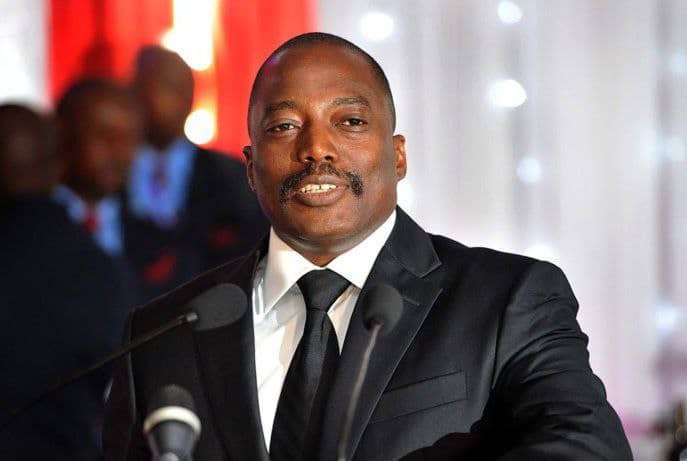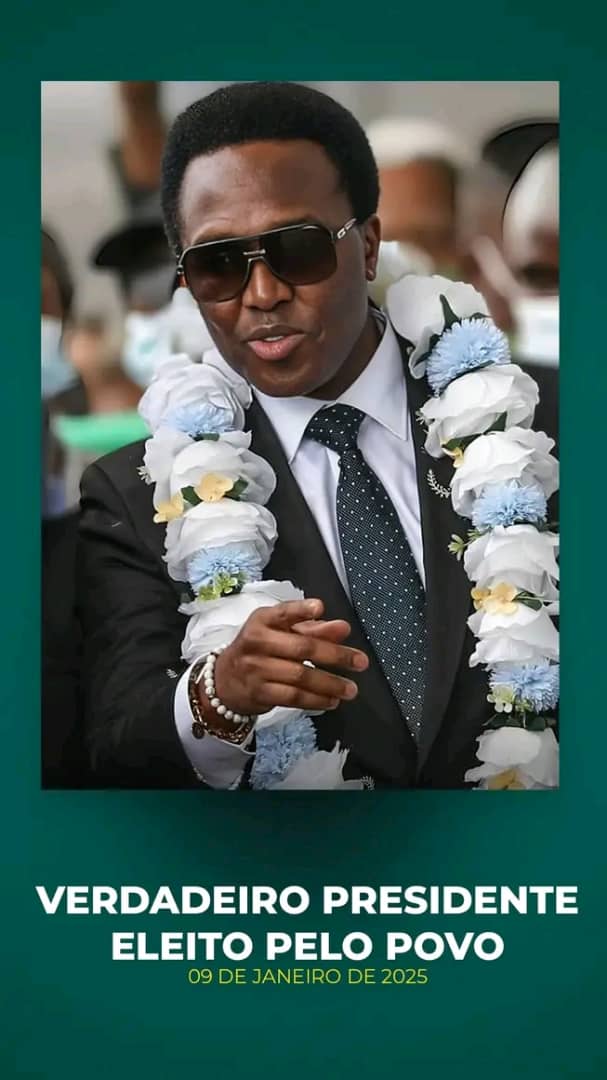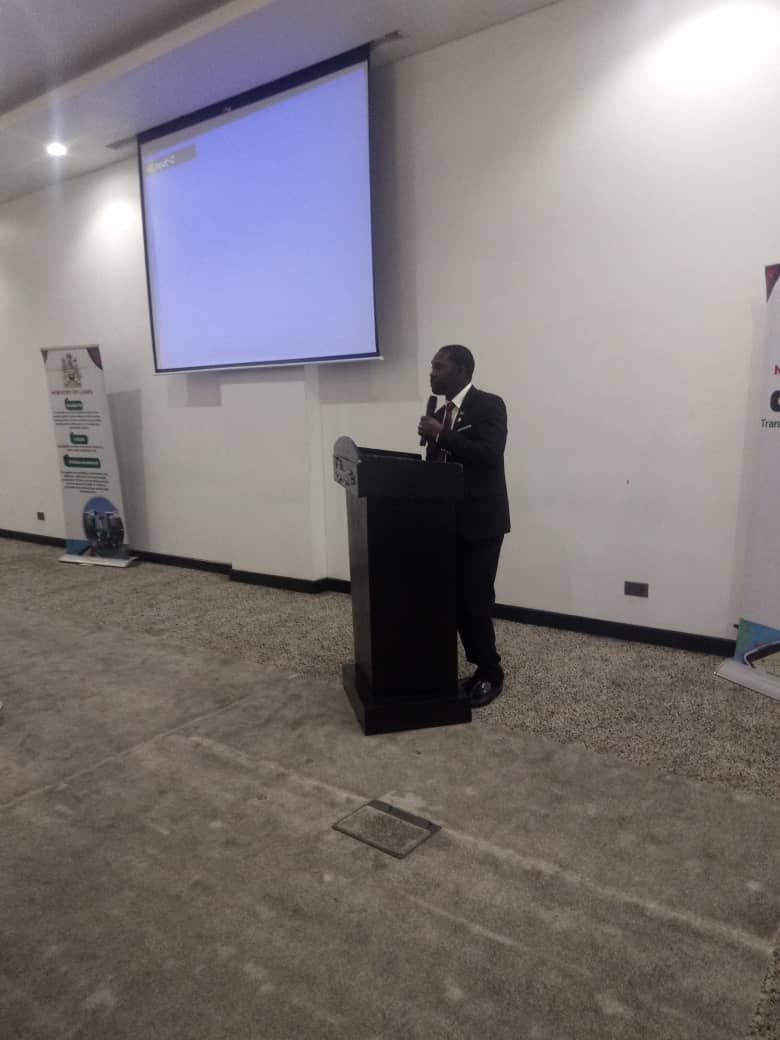By Burnett Munthali
Prime Minister Russell Mmiso Dlamini of Eswatini is set to attend the inauguration of President-elect Professor Arthur Peter Mutharika.
The Prime Minister will represent His Majesty King Mswati III at the ceremony.
The inauguration ceremony is scheduled to take place at Kamuzu Stadium in Blantyre on Saturday.
Leaders and dignitaries from across the region are expected to gather for the high-profile event.
Prime Minister Dlamini’s attendance underscores the strong bilateral ties between Eswatini and Malawi.
It also reflects the wider commitment of Southern African nations to regional solidarity and cooperation during political transitions.
Observers note that the presence of regional leaders at the inauguration signals both endorsement and recognition of Malawi’s democratic process.
The event is expected to be marked by cultural displays, speeches, and formal handover rituals symbolizing the beginning of Mutharika’s presidency.
Security preparations have been heightened to ensure the smooth running of the ceremony, given the large number of attendees.
For Eswatini, sending its Prime Minister as a representative highlights the monarchy’s continued engagement in regional diplomacy through high-level envoys.
The inauguration will serve not only as a moment of national pride for Malawians but also as a platform for strengthening regional partnerships.
As dignitaries gather at Kamuzu Stadium, the ceremony is anticipated to demonstrate both Malawi’s political stability and the unity of Southern Africa in supporting democratic leadership transitions.
Regional Significance and SADC Cooperation
The attendance of Prime Minister Dlamini and other regional leaders highlights the importance of Malawi’s inauguration as a regional political milestone.
Within the Southern African Development Community (SADC), such high-level representation reaffirms the principle of collective solidarity during leadership transitions.
By sending envoys, neighboring states demonstrate not only diplomatic goodwill but also confidence in Malawi’s political stability and governance structures.
This type of engagement helps cement regional trust, making it easier to collaborate on broader issues such as trade, security, and climate resilience.
For Eswatini, participation also reinforces its position as an active member of SADC, showcasing its commitment to regional diplomacy despite being a small monarchy.
For Malawi, the visible support of regional leaders boosts its international standing, sending a message that its democratic processes are respected and acknowledged by peers.
Political analysts suggest that such displays of regional unity can help mitigate tensions and set the tone for constructive dialogue on cross-border challenges.
In this sense, Mutharika’s inauguration becomes more than a national event—it transforms into a regional platform for reaffirming the shared values of democracy, peace, and development across Southern Africa.
Comparative Reflection: Malawi’s Role in SADC Politics
Historically, Malawi’s inaugurations have consistently attracted the attention of regional leaders, reflecting its central role in fostering political dialogue within SADC.
During previous transitions, presidents such as Bakili Muluzi, Bingu wa Mutharika, and Joyce Banda drew significant regional representation, signaling Malawi’s enduring importance in the bloc.
These moments have often served as opportunities for bilateral meetings and the strengthening of regional networks, going beyond the ceremonial to shape policy discussions.
Analysts argue that Malawi’s geographic location at the heart of Southern Africa gives its political stability outsized importance in maintaining regional cohesion.
By attracting leaders like Dlamini, Mutharika’s inauguration continues this tradition, affirming Malawi as a stage where SADC solidarity and cooperation are not only displayed but reinforced.
The repeated pattern of strong regional presence at Malawian inaugurations highlights the country’s symbolic role as a bridge-builder and consensus facilitator in the region.
In this light, the 2025 inauguration underscores not only the beginning of a new presidency but also Malawi’s continuing relevance in shaping the political identity and unity of SADC.
Looking Ahead: Malawi’s Diplomatic Leverage in SADC and Beyond
As Mutharika assumes office with significant regional attention, he faces a unique opportunity to convert ceremonial solidarity into concrete diplomatic gains.
Leveraging the goodwill of regional leaders, Malawi could position itself as a mediator in regional conflicts, a convener of SADC summits, and an advocate for collective approaches to challenges such as climate change, energy insecurity, and food shortages.
Mutharika’s administration could also push for stronger trade and infrastructure integration, taking advantage of Malawi’s geographic position to promote cross-border transport corridors and market access.
On the international stage, visible SADC support gives Malawi added credibility in forums such as the African Union and United Nations, where regional backing can amplify its voice.
If strategically harnessed, the momentum of this inauguration could allow Mutharika to reposition Malawi not just as a participant in SADC politics, but as a driver of consensus, policy innovation, and regional unity.
In this way, what begins as a symbolic gathering at Kamuzu Stadium could evolve into a foundation for a more assertive and influential Malawian foreign policy in the years ahead.




